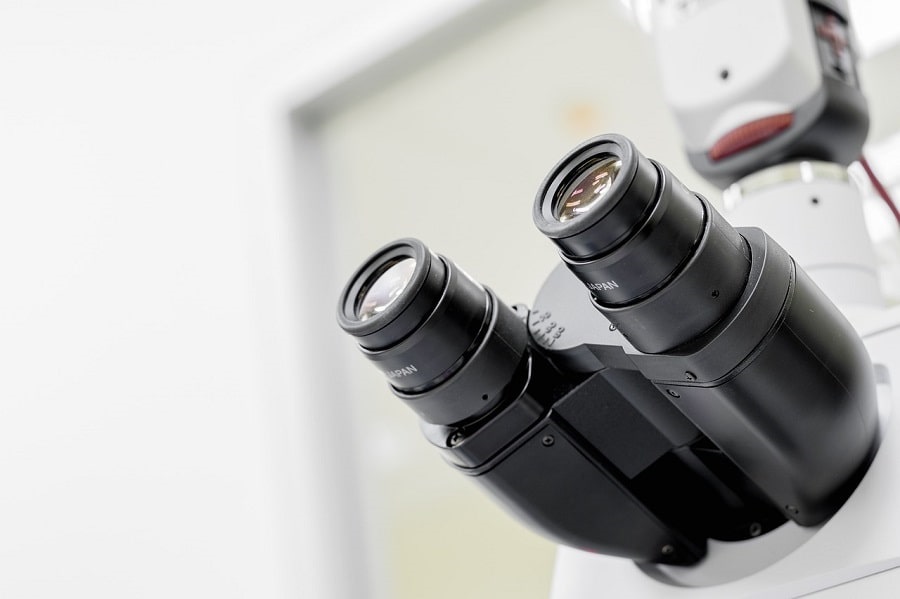The Center for Research Support in Applied Chemistry and Biotechnology (CQAB) of the Universidad de Alcalá is working with the biopharmaceutical company PharmaMar in a trial with the molecule Plitidepsin, which is showing great preclinical evidence of efficiency against the coronavirus.
The study was recently published in the scientific journal Science, a collaboration between PharmaMar and the research laboratories of Kris White, Adolfo García-Sastre and Thomas Zwaka in the Department of Cell, Developmental and Regenerative Biology at the Icahn School of Medicine at Mount Sinai; Kevan Shokat and Nevan Krogan at the Institute for Quantitative Biosciences at UC Berkeley; and of Marco Vignuzzi at the Institut Pasteur in Paris, France.
In vitro testing is promising as they reveal that the drug developed by PharmaMar with Plitidepsin would have an antiviral efficacy against SARS-CoV-2 virus significantly higher than the only antiviral approved to date to treat COVID-19, Remdesivir. In addition, in two different animal models of coronavirus infection, viral loads in the lungs of those treated with coronavirus decreased by 99%. And although the trial is still in the so-called preclynic phases I and II, if the results are good in these early stages, the passage to phase III, where the efficacy of the drug is tested in humans.
Since last October, the Research Support in Applied Chemistry and Biotechnology (CQAB) at Universidad de Alcalá has been collaborating with PharmaMar with the aim of ‘accelerating the production of the Plitidepsine molecule, through the synthesis of some fragments of the molecule’, according to Professor Juan José Vaquero, Scientific Director of CQAB.
The Research Support Centre was designed and created by the UAH more than 20 years ago with the aim of promoting public-private collaboration through the development of projects, contracts and services in areas such as pharmacochemistry, bioanalytics, biotechnology, materials and, more recently, circular economy, and since its inception, has collaborated with more than 100 national and multinational companies and 30 public research centres.
Javier de la Mata, vice-chancellor of Research and Transfer at the UAH, stresses the importance of this collaboration, ‘since it shows that both our researchers and the scientific-technical equipment of our University are up to this important development and evidence the quality of the University’s research activity, both nationally and internationally.’
The University of Alcalá (Spanish: Universidad de Alcalá, UAH) is a public university located in Alcalá de Henares, a city 35 km northeast of Madrid in Spain and also the third-largest city of the region.
It was founded in 1293 as a Studium Generale for the public, and was refounded in 1977. The University of Alcalá is especially renowned in the Spanish-speaking world for its annual presentation of the highly prestigious Cervantes Prize.
The university currently enrolls 28,336 students, 17,252 of whom are studying for undergraduate degrees, who are taught by a teaching staff of 2,608 professors, lecturers and researchers belonging to 24 departments. The administrative tasks are carried out by the university’s Administration and Services, comprising approximately 800 people.
See also TOP universities of Spain











